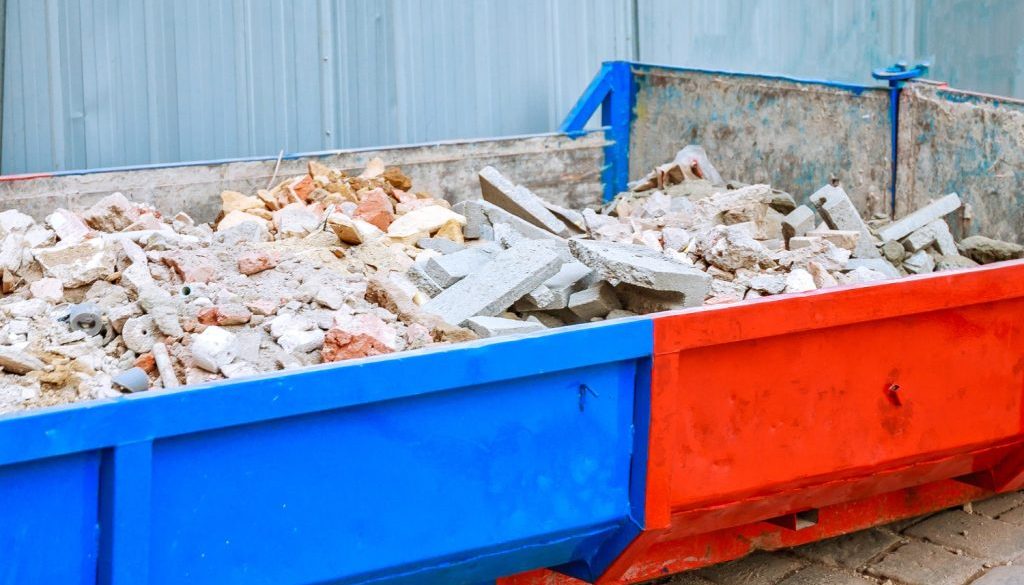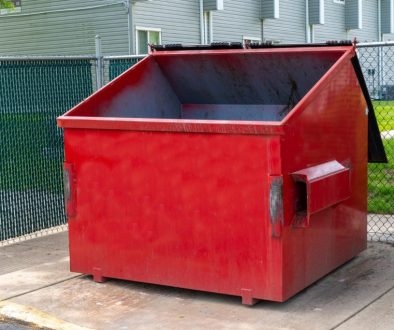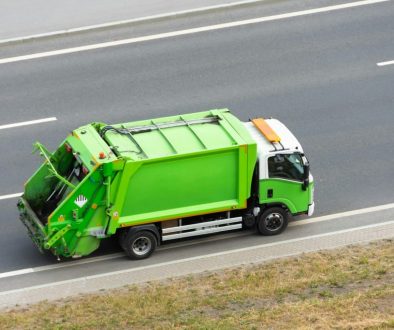Organising a large event comes with unique challenges, especially when managing waste efficiently. With thousands of people gathered in one place, finding effective ways to handle the rubbish generated is crucial. From food wrappers to disposable cups, the variety and volume of waste can quickly become overwhelming.
Proper planning and strategic skip selection can greatly enhance the efficiency of waste handling at large events. By thoroughly assessing your event’s waste needs beforehand, you streamline the process, allowing for more focus on creating a memorable experience for attendees.
Assessing Waste Needs for Large Events
Planning a large event involves more than organising activities and entertainment. Proper waste management ensures a clean and welcoming environment for attendees. Assessing an event’s waste needs requires careful evaluation of several factors to determine the types and volumes of waste that may be generated.
Firstly, consider the expected attendance. The number of people attending directly influences the amount of waste produced. Events with higher attendance typically generate more waste, necessitating larger skips or more frequent collections.
Secondly, the type of event must be taken into account. Different events produce varying kinds of waste. For instance, concerts and festivals often generate high food and drink waste, including paper, plastic, and glass. On the other hand, events like trade shows may result in more cardboard, paper, and promotional material waste.
Another critical factor is the event duration. Longer events will produce more waste over time and require continuous waste management strategies, such as skip replacements or additional waste collection services.
Lastly, the types of vendors present at the event impact waste production. Events with numerous food stalls will need more bins for organic waste and containers for recycling packaging materials.
Accurately assessing these elements ensures the proper planning of waste management strategies. This leads to a smoother operation, minimises environmental impact, and enhances the experience for everyone involved.
Selecting the Appropriate Skip Size
Choosing the right skip size is essential for effective waste management at large events. Picking the correct size helps optimise waste containment, reducing the need for frequent collections and ensuring a tidy event space. Here’s a guide on various skip sizes and how to select the best fit for your event’s needs.
1. Mini Skips (2-3 yards)
These are best suited for small events or minimal waste needs. They are efficient for limited spaces but hold only a small amount of waste.
2. Midi Skips (4-5 yards)
It is ideal for moderate-sized events, accommodating household waste and small-scale construction debris. These are great for events anticipating a medium level of rubbish.
3. Builders Skips (6-8 yards)
Due to their capacity and versatility, they are popular for most events. They are suitable for larger gatherings that produce mixed waste, including light construction waste or bulkier materials.
4. Large Skips (10-12 yards)
These skips are suitable for very large events with a significant amount of waste. They can handle everything from household waste to heavy industrial rubbish.
5. Roll-on Roll-off Skips (20-40 yards)
These are the giants, designed for great-volume events like festivals. They require more space but provide extensive capacity for all waste types.
To select the right skip size, evaluate the waste type and volume expected. Consider available space for placing skips and access for delivery and collection. Choosing wisely ensures efficient waste management and helps avoid overflow problems, keeping the event running smoothly.
Efficient Waste Segregation and Management
Effective waste segregation and management are vital for large events to ensure maximum recycling and minimal environmental impact. This process involves organising waste into different categories, making it easier to recycle and dispose of correctly.
Start by identifying key waste categories often generated at events, such as food waste, recyclables (plastic, paper, glass), and non-recyclables. Clearly label bins for each category and ensure they are conveniently placed throughout the event area.
Set up designated waste collection points with clear signage to guide attendees. This enhances participation in correct waste disposal. Use well-marked stations with instructions on what items belong in each bin. Position volunteers or staff near these stations to assist and educate guests if necessary.
Consider offering incentives or rewards to encourage recycling efforts. Simple approaches like rewarding participants with a small token or recognising their contributions can drive engagement.
Provide regular updates and announcements during the event to remind attendees about waste sorting and its importance. Focusing on the environmental benefits of proper waste disposal helps foster a culture of responsibility.
Consider the logistics of waste collection during the event. Plan for regular bin checks to prevent overflow and ensure that waste is transferred to the main skips promptly. This helps maintain cleanliness and promotes a pleasant environment for all attendees.
Planning for Skip Collection and Disposal
Setting up an effective skip collection and disposal plan is crucial to maintaining waste management efficiency at large events. Proper scheduling and logistics ensure skips are delivered, collected, and replaced if necessary without disrupting the event flow.
Coordinating with your skip hire provider to arrange timely delivery before the event. Ensure the skips are strategically placed for easy access yet out of the main event pathways to avoid congestion.
Determine a collection schedule based on the volume of waste expected and the event duration. For events producing substantial waste, consider having multiple collections throughout the event to prevent skips from overflowing. Agree on a plan for replacing full skips immediately, ensuring continuous capacity for waste.
Acquire necessary permits and adhere to local skip placement and waste disposal regulations. Work closely with the local council or relevant authorities to ensure compliance. Non-compliance could result in fines or penalties, which disrupt the event.
Communicate the collection schedule clearly to your waste management team so everyone knows their responsibilities. This coordination helps prevent misunderstandings and keeps operations running smoothly.
Efficient skip collection and disposal planning contributes to a well-organised event, minimising waste-related issues and enhancing sustainability efforts.
Conclusion
Effective waste management is a cornerstone of successful large events. It ensures cleanliness and sustainability while enhancing the overall experience for attendees. Assessing waste needs, selecting suitable skip sizes, and setting up efficient segregation and management systems are integral to achieving this goal. By planning for timely skip collection and adhering to local regulations, event organisers can mitigate potential problems and promote eco-friendly practices.
At Enviro Skip Hire, we understand the complexities of waste management at large events and provide tailored skip hire solutions for every requirement. Let us assist you in making your next event both successful and environmentally conscious by ensuring waste is managed efficiently and sustainably.




